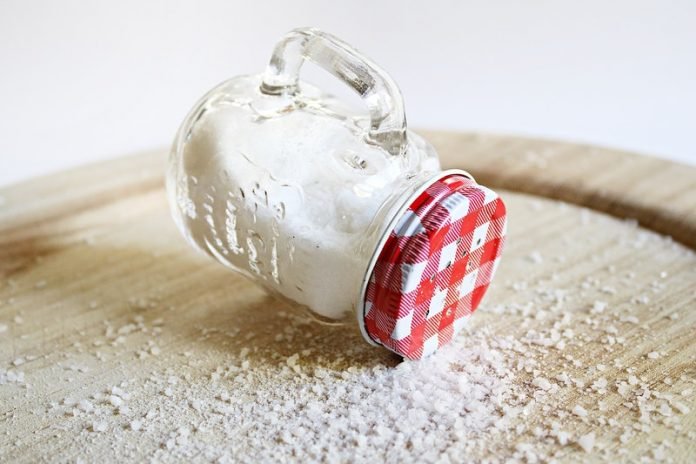
In a new study from Georgia State University, researchers found surprising new information about the link between neuron activity and blood flow deep in the brain, as well as how the brain is affected by salt consumption.
When neurons are activated, this typically produces a rapid increase of blood flow to the area. Functional magnetic resource imaging (fMRI) is based on this: Experts look for areas of weak blood flow to diagnose brain disorders.
In the study, the team developed a novel approach that combines surgical techniques and state-of-the-art neuroimaging.
The team focused on the hypothalamus, a deep brain region involved in critical body functions including drinking, eating, body temperature regulation and reproduction.
The study examined how blood flow to the hypothalamus changed in response to salt intake.
They chose salt because the body needs to control sodium levels very precisely. When people ingest salty food, the brain senses it and activates a series of compensatory mechanisms to bring sodium levels back down.
In contrast to previous studies that have observed a positive link between neuron activity and increased blood flow, the researchers found a decrease in blood flow as the neurons became activated in the hypothalamus.
Reduced blood flow is normally observed in the cortex in the case of diseases like Alzheimer’s or after a stroke or ischemia.
The team dubbed the phenomenon a decrease in blood flow that produces hypoxia.
When people eat a lot of salt, their sodium levels stay elevated for a long time. Hypoxia is a mechanism that strengthens the neurons’ ability to respond to sustained salt stimulation, allowing them to remain active for a prolonged period.
The findings raise interesting questions about how high blood pressure may affect the brain.
Between 50 and 60 percent of hypertension is believed to be salt-dependent—triggered by excess salt consumption.
The team says if people chronically ingest a lot of salt, they’ll have hyperactivation of vasopressin neurons. This mechanism can then induce excessive hypoxia, which could lead to tissue damage in the brain
If you care about blood pressure health, please read studies about most widely used high blood pressure drug may harm heart health and findings of sustained high blood pressure may damage brain vessels.
For more information about high blood pressure, please see recent studies about this type of olive oil could effectively lower blood pressure and results showing that low blood pressure may strongly harm health in older people.
The study is published in Cell Reports. One author of the study is Dr. Javier Stern.
Copyright © 2021 Knowridge Science Report. All rights reserved.



